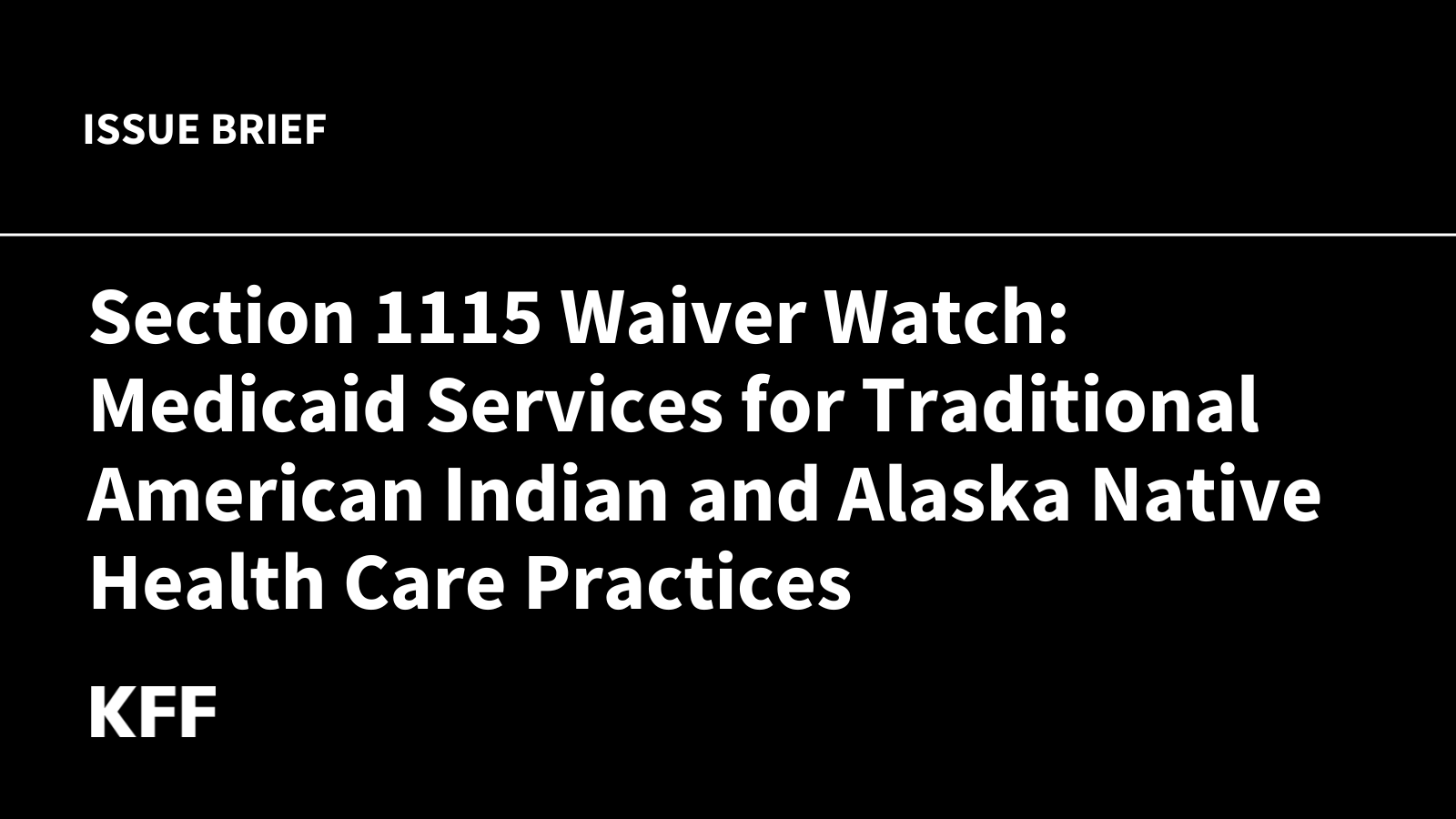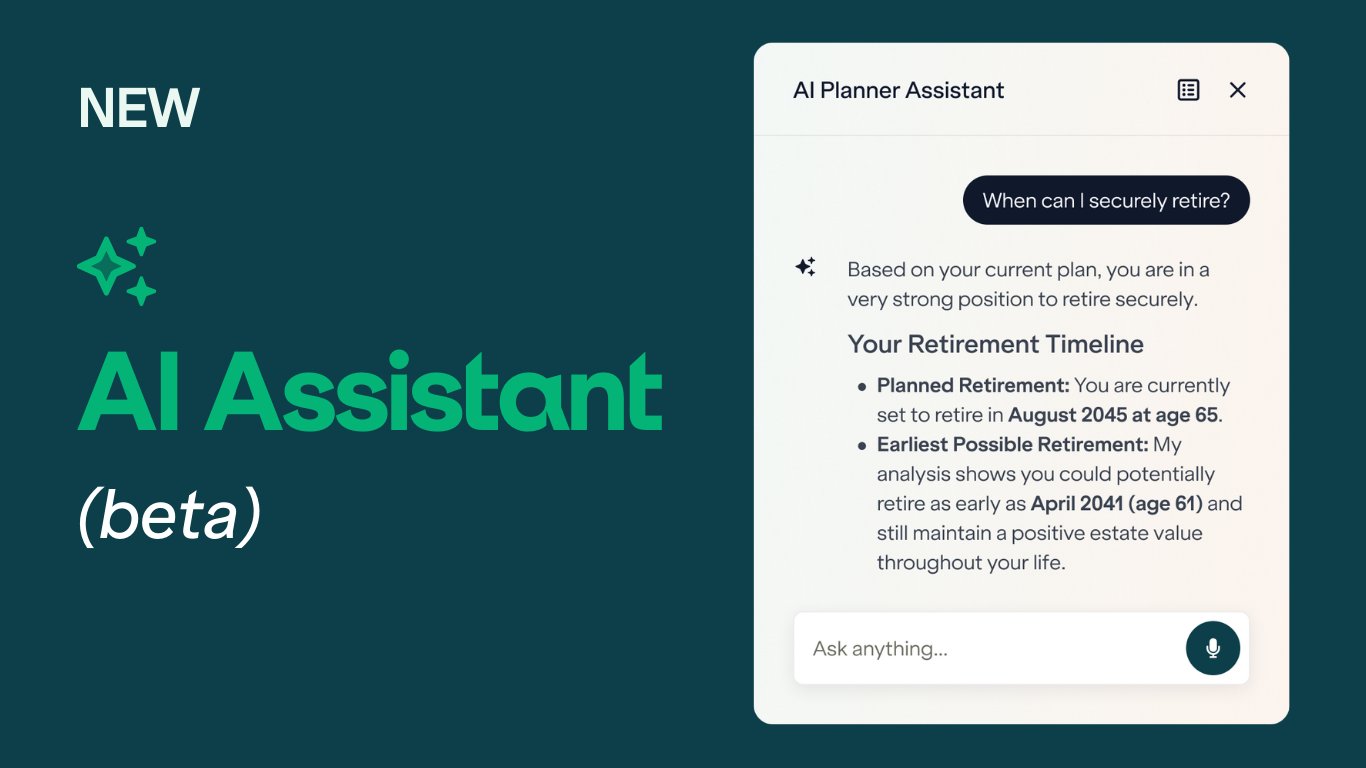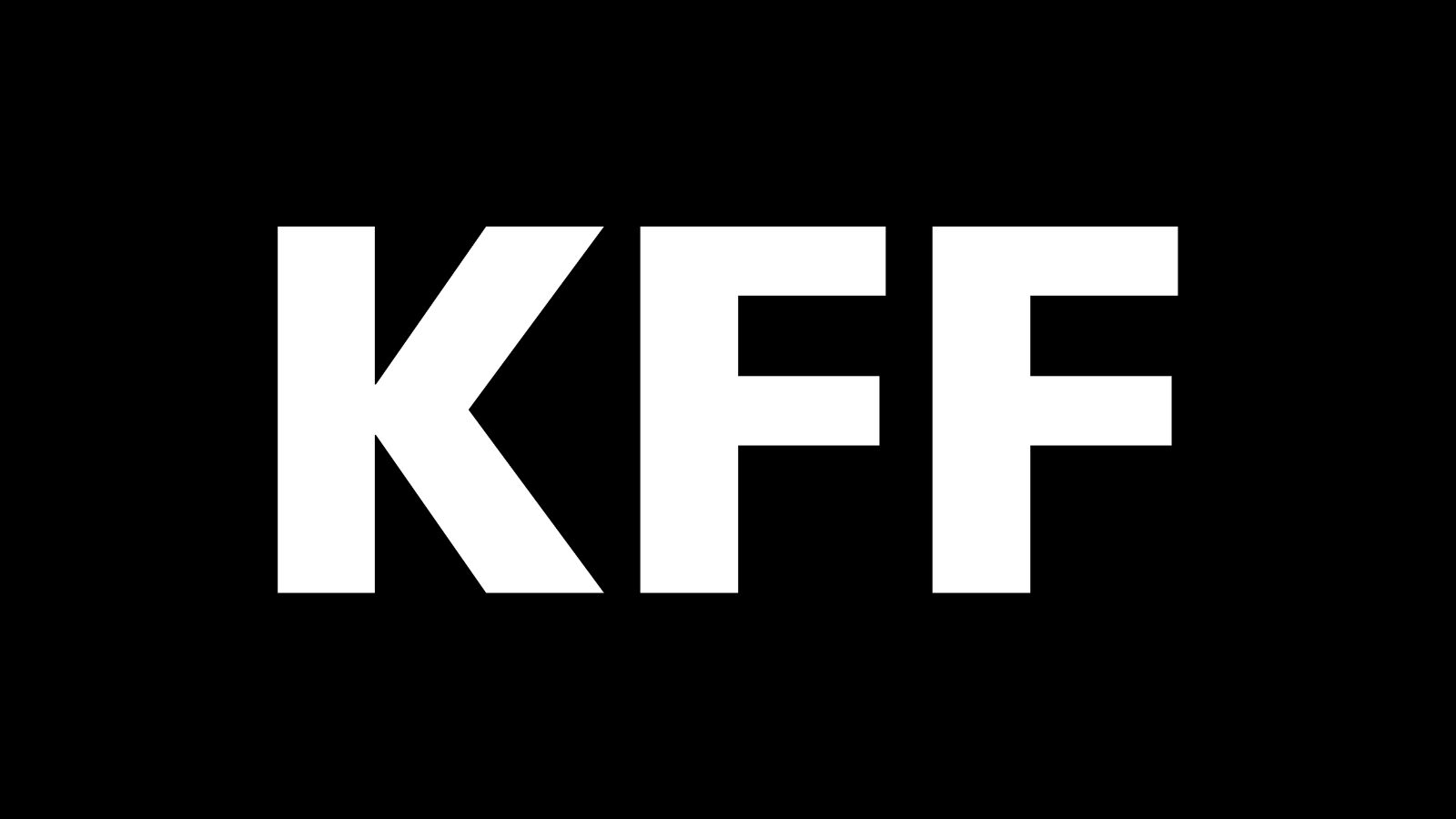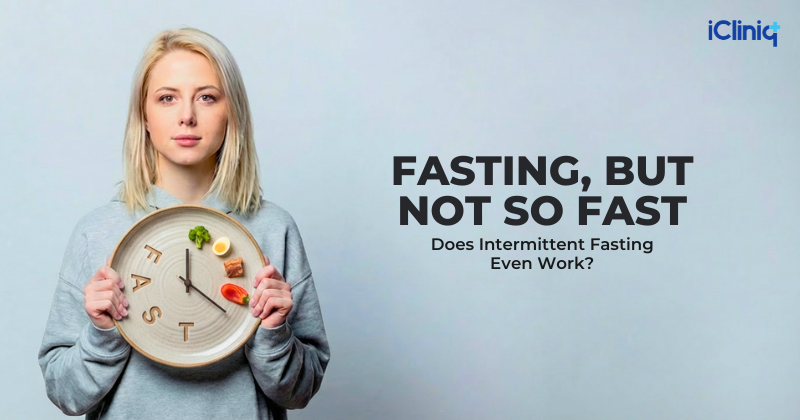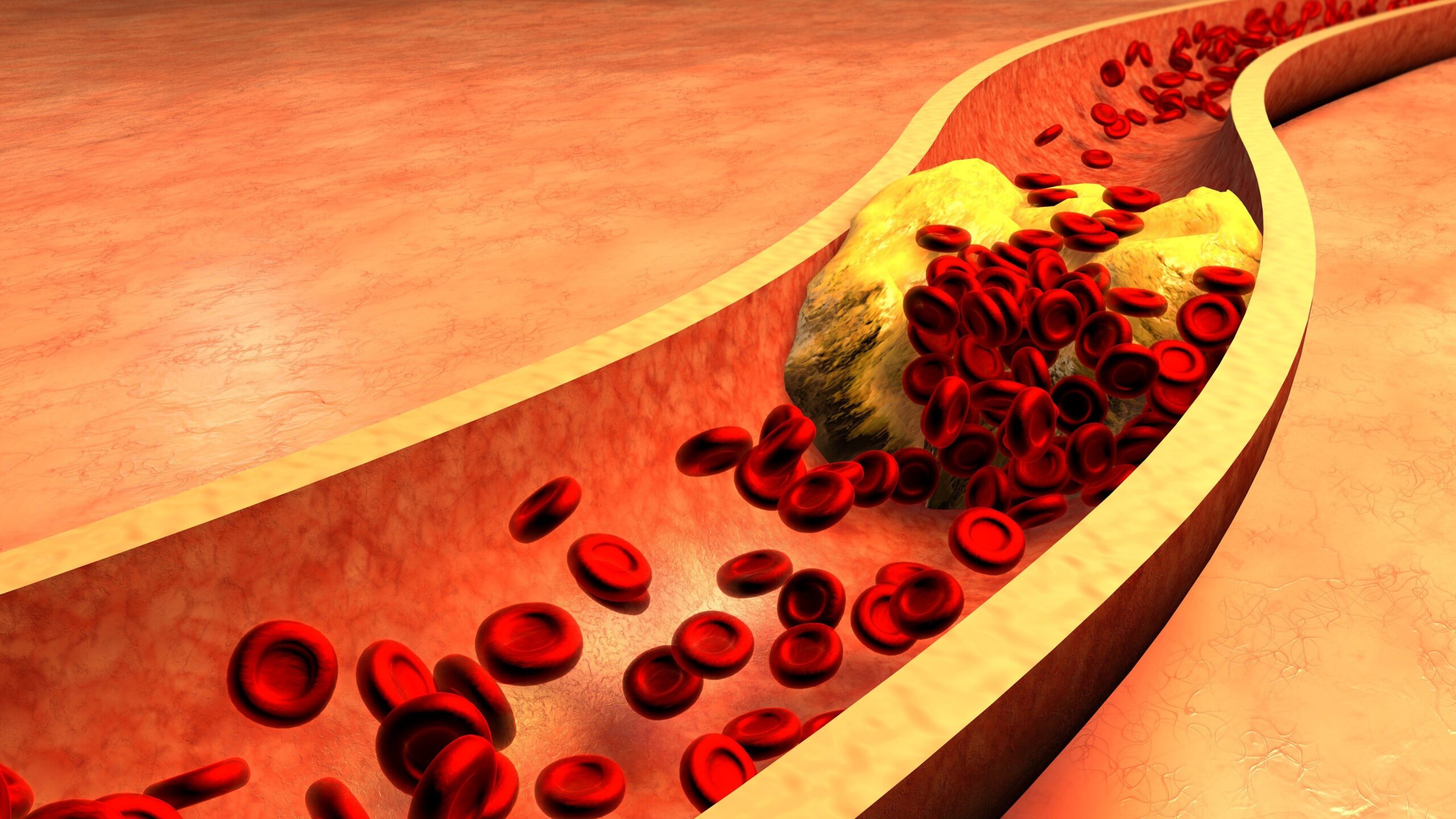In October 2024, the Centers for Medicare and Medicaid Services (CMS) approved the first ever Section 1115 waiver demonstration amendments that would allow Medicaid and the Children’s Health Insurance Program (CHIP) coverage of traditional health care practices provided by the Indian Health Service (IHS), Tribal facilities, and urban Indian organizations for American Indian or Alaska Native (AIAN) people. This follows guidance from the Biden administration for federal agencies to include Indigenous knowledge in federal policy and a strategic plan from CMS to support work that would inform states on how to use section 1115 demonstrations to improve access to health care services for AIAN people. AIAN people face persistent disparities in health and health care, and the IHS has historically not met their health care needs. Traditional healing practices are an important component of AIAN culture, and research shows that increasing access to traditional health care practices may improve mental health and substance use disorder (SUD) outcomes among AIAN people utilizing these services.
As of November 2024, CMS has approved Section 1115 waiver amendments from four states: Arizona, California, New Mexico, and Oregon. This Waiver Watch reviews disparities in health and health care for AIAN people and summarizes the key features of the approved 1115 waivers. Section 1115 waivers generally reflect priorities identified by the states and CMS, as well as changing priorities from one presidential administration to another. It is uncertain whether new approvals or renewals of these waivers would be a priority during the next Trump administration.
What disparities in health and health care do AIAN people face?
AIAN people face persistent disparities and barriers to obtaining health care and fare worse than their White counterparts across a range of health measures. AIAN people fare worse on many social and economic measures that impact health, such as having higher poverty rates, lower educational attainment, and lower rates of English proficiency compared to White people. Nonelderly AIAN people are more likely to be uninsured and to report postponing or skipping health care due to cost than their White counterparts. AIAN people also have the shortest life expectancy across racial and ethnic groups, are more likely than White people to report fair or poor health, and have higher incidence and prevalence of obesity, diabetes, cancer, and infectious diseases. Additionally, AIAN people experience higher rates of pregnancy-related deaths, infant mortality, and other adverse birth outcomes compared to White people. AIAN people also face challenges with mental health, including high rates of suicide and drug overdose deaths. Despite these significant health challenges, AIAN groups are often excluded from data and analysis due to their smaller population sizes, limiting the understanding of their unique barriers to accessing health services and development of interventions to address them.
What is the role of the IHS for AIAN people?
The IHS is responsible for providing health care and prevention services for AIAN people but historically has been underfunded to meet their needs. Under treaties and laws, the U.S. has a unique responsibility to provide certain rights, protections, and services to AIAN people, including health care. The federal government provides health services through facilities that are managed directly by IHS, by Tribes or Tribal organizations under contract or compact with the IHS, and urban Indian health programs. AIAN people receiving services through IHS providers are not charged or billed for the cost of their services. Direct services provided through IHS and Tribally operated facilities generally are limited to members or descendants of members of federally recognized Tribes who live on or near federal reservations. Urban Indian health programs serve a wider group of AIAN people, including those who are not able to access IHS or Tribally operated facilities because they do not meet eligibility criteria or because they reside outside their service areas. While IHS is the primary vehicle the U.S. government uses to provide health care to AIAN people, it is not health insurance and inadequate funding levels, estimated to address less than half of AIAN health care needs, and uncertainty caused by the funding process continue to limit access and lead to gaps in care.
Why is health coverage important for AIAN people?
Given the limitations of the IHS, health coverage under Medicaid remains important for facilitating access to health care for AIAN people and protecting them from high medical costs. AIAN individuals may qualify for Medicaid in their state regardless of Tribal membership, whether they live on or off a reservation, and whether they receive services (or are eligible to receive services) at an IHS or Tribally-operated facility. Due to their lower incomes, Medicaid and CHIP are important sources of health coverage for AIAN people, covering about 23% of all nonelderly AIAN adults and about 44% of AIAN children. The ACA Medicaid expansion led to coverage gains among AIAN people, and nonelderly AIAN people have a higher uninsured rate in states that have not implemented the expansion (20%) compared to the rate in those that have (14%) (Appendix Figure 1).
Medicaid also provides an important source of financing for IHS and Tribal providers. Medicaid is the largest source of third-party payment for services billed by IHS and Tribal facilities, accounting for nearly two-thirds (67%) of total third-party revenues as of 2021. In contrast to IHS funds, Medicaid funds are not subject to annual appropriation limits and, since Medicaid claims are processed throughout the year, facilities receive Medicaid funding on an ongoing basis for covered services. Unlike other Medicaid costs which are shared by the federal government and states, the federal government covers 100% of costs for services provided to AIAN Medicaid enrollees through an IHS or Tribally operated facility, whether operated by the IHS or on its behalf by a Tribe. Urban Indian health programs do not currently receive this 100% federal Medicaid match. The American Rescue Plan authorized a 100% match for urban Indian health programs for a temporary period that expired in 2023, and there have been calls for and proposed legislation to permanently extend 100% funding to urban Indian health programs. CMS cannot change statutorily set federal Medicaid match rates for urban Indian programs through section 1115 waivers.
What are traditional health practices?
Traditional healing practices are an important part of AIAN culture, and research shows that access to traditional health care practices can improve mental health and SUD outcomes. Traditional health care practices in AIAN communities include talking circles, sweat lodges, smudging, music therapy, and ceremonies by traditional healers that are deeply rooted in cultural beliefs and may vary between different AIAN communities. These practices may address mental, emotional, and spiritual well-being. While research studying interventions among AIAN populations is limited, studies have demonstrated that traditional health care practices may improve mental health outcomes, including for depression and anxiety, SUD, and quality of life. Traditional health care has not been covered by Medicaid or other public or private insurance and historically has been funded and delivered by IHS and Tribal facilities, various pilot programs, and grant funding.
How are states using 1115 waivers to provide Medicaid coverage for traditional health practices?
In October 2024, CMS approved section 1115 demonstration amendments that allow for Medicaid and CHIP coverage of traditional health care practices for the first time in four states: Arizona, California, New Mexico, and Oregon. Nearly three in ten (27%) AIAN people resided in the approved states in 2022 (Figure 1). CMS traditionally applies public notice and comment period requirements at the state and federal levels before approving Section 1115 waiver amendments. Along with the public comment process, CMS consulted the CMS Tribal Technical Advisory Group and held an All Tribes Consultation Webinar for advice and input on these waivers. As these are amendments to existing waivers, expiration dates vary with the earliest expiring at the end of 2026 in California (Appendix Table 1). Given that Medicaid is a significant payer for IHS, Tribal, and urban Indian organization facility services, Medicaid coverage of traditional health care practices may improve access to culturally appropriate practices and otherwise support these facilities’ ability to serve their patients.
Traditional health care practices will be provided by IHS, Tribal, and urban Indian organization facilities, and coverage will be available to Medicaid enrollees eligible to receive services at these facilities. California will initially only cover services for AIAN enrollees with SUD in the Drug Medi-Cal Organized Delivery System but has the option to expand to all AIAN people in the future. Providers may be able to begin requesting reimbursement for traditional health services as early as January 2025 in California. Other key details include:
- Practice Definition. CMS encourages states to consult with Tribal organizations to determine how to define traditional health care practitioners and traditional health practices. Traditional health care practices must be provided by practitioners or providers who are employed by or contracted with one of these facilities with the necessary experience and training to provide traditional health services.
- Federal Match. Consistent with current law, practices will be reimbursed at 100% service match for services provided to AIAN individuals at IHS or Tribal facilities. Services delivered to Medicaid beneficiaries by urban Indian organization facilities will be federally matched at the otherwise applicable state service match.
- Implementation Expenditures. States may also receive federal match for expenditures related to provider development and implementation of traditional health care practices (e.g., for accounting and billing systems, electronic health records and modifications to internal systems to accept referrals from other providers, workforce development, and outreach and community engagement). New Mexico and Oregon have taken up the option to receive federal match for infrastructure spending related to implementing traditional health care practices.
- Attestation of Secular Alternatives. As some of the traditional health care practices covered under the demonstrations may contain elements of religious or spiritual practices, states cannot begin claiming traditional health care expenditures until they attest to providing adequate access to secular alternatives (e.g., preventative services, primary care, SUD services) and that beneficiaries have access to and the choice to use other Medicaid and CHIP services.
Appendix
Publisher: Source link

